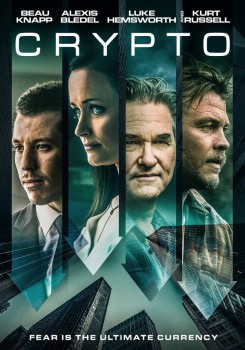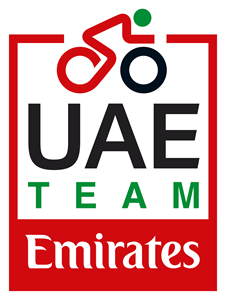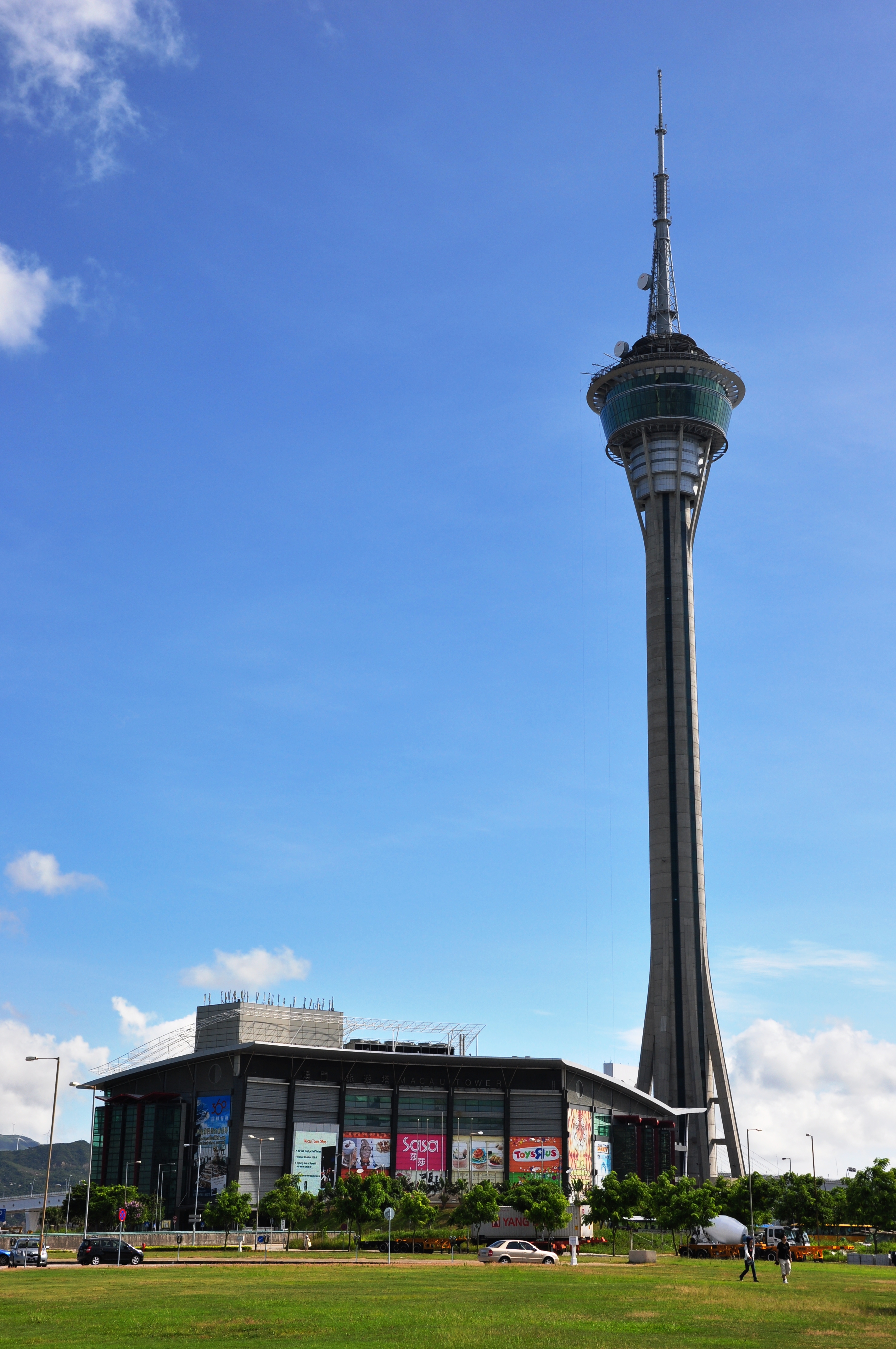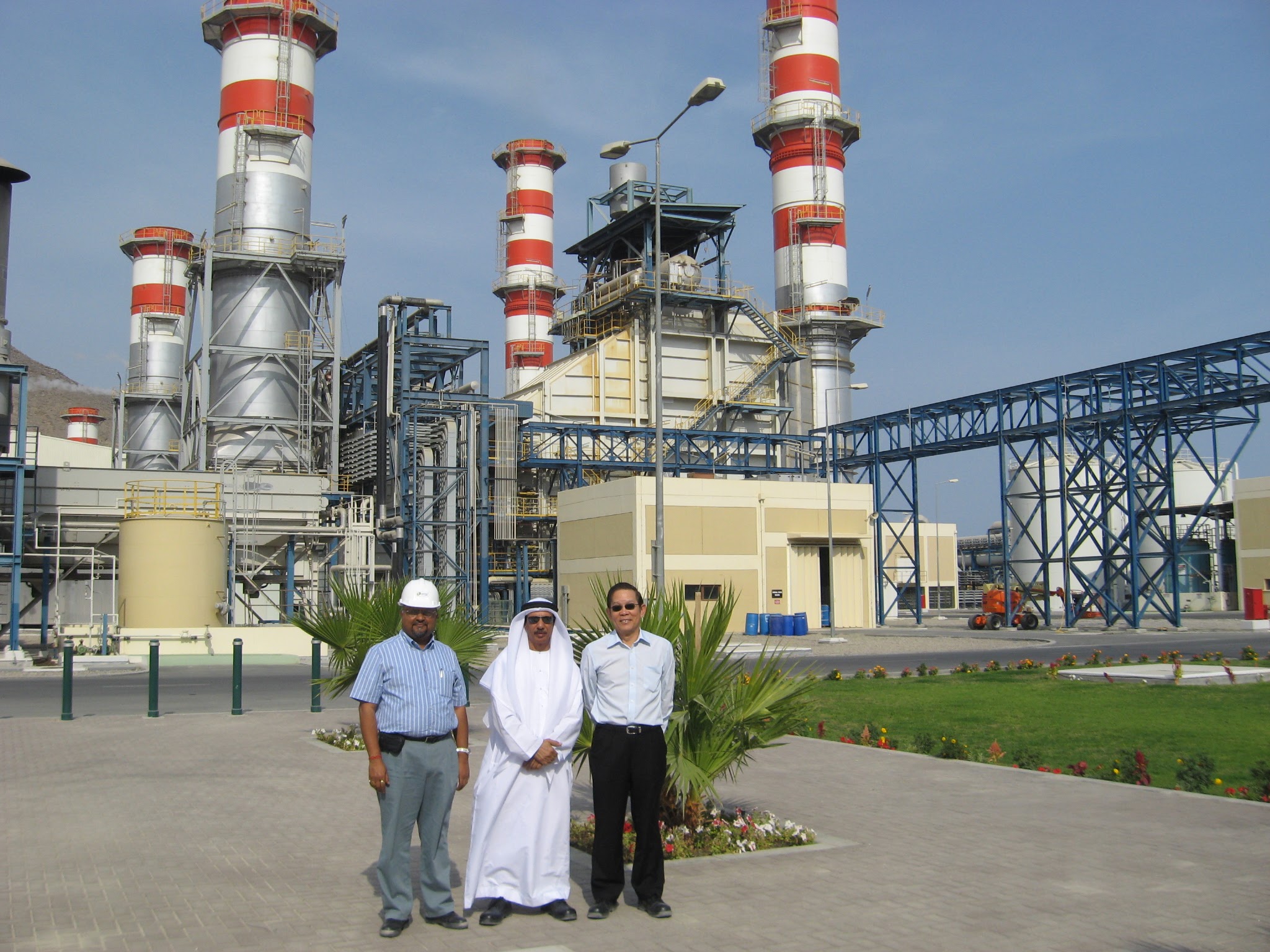Huawei Launches Innovative Autonomous Driving Network Solution

Huawei’s unveiling of the Xinghe Intelligent Autonomous Driving Network Solution marks a significant milestone in the realm of autonomous driving technology. This groundbreaking solution was introduced at HUAWEI CONNECT 2024, an event that gathered over 100 representatives from various enterprises, industry experts, and partners. With this announcement, Huawei aims to lead the charge in the digital and intelligent transformations that are reshaping numerous industries.
The Xinghe Intelligent Autonomous Driving Network Solution is touted as the industry’s first Level 4 (L4) autonomous driving network solution. This advancement is designed to facilitate a new paradigm in autonomous driving by enhancing the efficiency and reliability of self-driving vehicles. As global markets continue to demand smarter and more sustainable transport solutions, the launch of the Xinghe network addresses these challenges head-on, promising to enable fully autonomous operations in complex environments.
During the session, Huawei’s executives highlighted the potential of the Xinghe solution to significantly impact industries such as logistics, transportation, and urban mobility. By integrating advanced AI capabilities and robust connectivity, this network solution aims to improve operational efficiency and safety. It enables vehicles to operate without human intervention in predefined conditions, which is particularly beneficial in logistics and public transport systems where operational cost savings and enhanced safety measures are paramount.
Huawei’s initiative is also part of a broader trend within the technology sector, where companies are increasingly focusing on developing autonomous solutions that not only improve operational capabilities but also adhere to stringent safety standards. The shift towards autonomous driving technology is not just about innovation; it is also about responding to regulatory requirements and consumer demand for safer, more reliable transport options.
The introduction of the Xinghe Intelligent Autonomous Driving Network Solution follows Huawei’s commitment to investing heavily in research and development within the autonomous vehicle space. The company has been collaborating with various industry partners to establish a cohesive ecosystem that supports the widespread adoption of autonomous driving technologies. This collaborative approach aims to create a seamless integration of hardware, software, and networking technologies that is essential for the functionality of autonomous vehicles.
In addition to addressing operational needs, the Xinghe solution is expected to enhance the user experience for passengers. With advanced features such as real-time navigation, enhanced communication capabilities, and intelligent route optimization, passengers will benefit from a smoother and more efficient travel experience. This focus on the passenger experience aligns with the industry’s broader goal of creating a more integrated and user-friendly autonomous transport system.
Huawei’s initiative also resonates with the increasing emphasis on sustainability within the automotive industry. As governments around the world push for greener transportation solutions to combat climate change, autonomous vehicles are seen as a viable solution that can reduce emissions and optimize fuel consumption. The Xinghe Intelligent Autonomous Driving Network Solution could play a critical role in enabling electric and hybrid vehicles to operate more efficiently, thus supporting global sustainability initiatives.
The company’s approach to data security and privacy is another crucial aspect of the Xinghe solution. With autonomous vehicles relying heavily on data collection and analysis for navigation and operation, ensuring the integrity and confidentiality of this data is paramount. Huawei is addressing these concerns by implementing robust security measures and compliance protocols to protect user information and maintain public trust.
As the autonomous vehicle market continues to grow, key players are ramping up their efforts to establish a competitive edge. The introduction of Huawei’s Xinghe network is a strategic move that places the company at the forefront of the industry, poised to influence the future trajectory of autonomous driving technology. With established partnerships and a focus on innovation, Huawei is set to become a pivotal player in the evolving landscape of smart transportation.
Industry experts anticipate that Huawei’s launch will stimulate further advancements in autonomous driving networks, encouraging competitors to accelerate their own research and development efforts. The ripple effect of this innovation could lead to enhanced collaboration among technology firms, automotive manufacturers, and regulatory bodies, fostering an environment conducive to the growth of autonomous vehicle solutions.




















